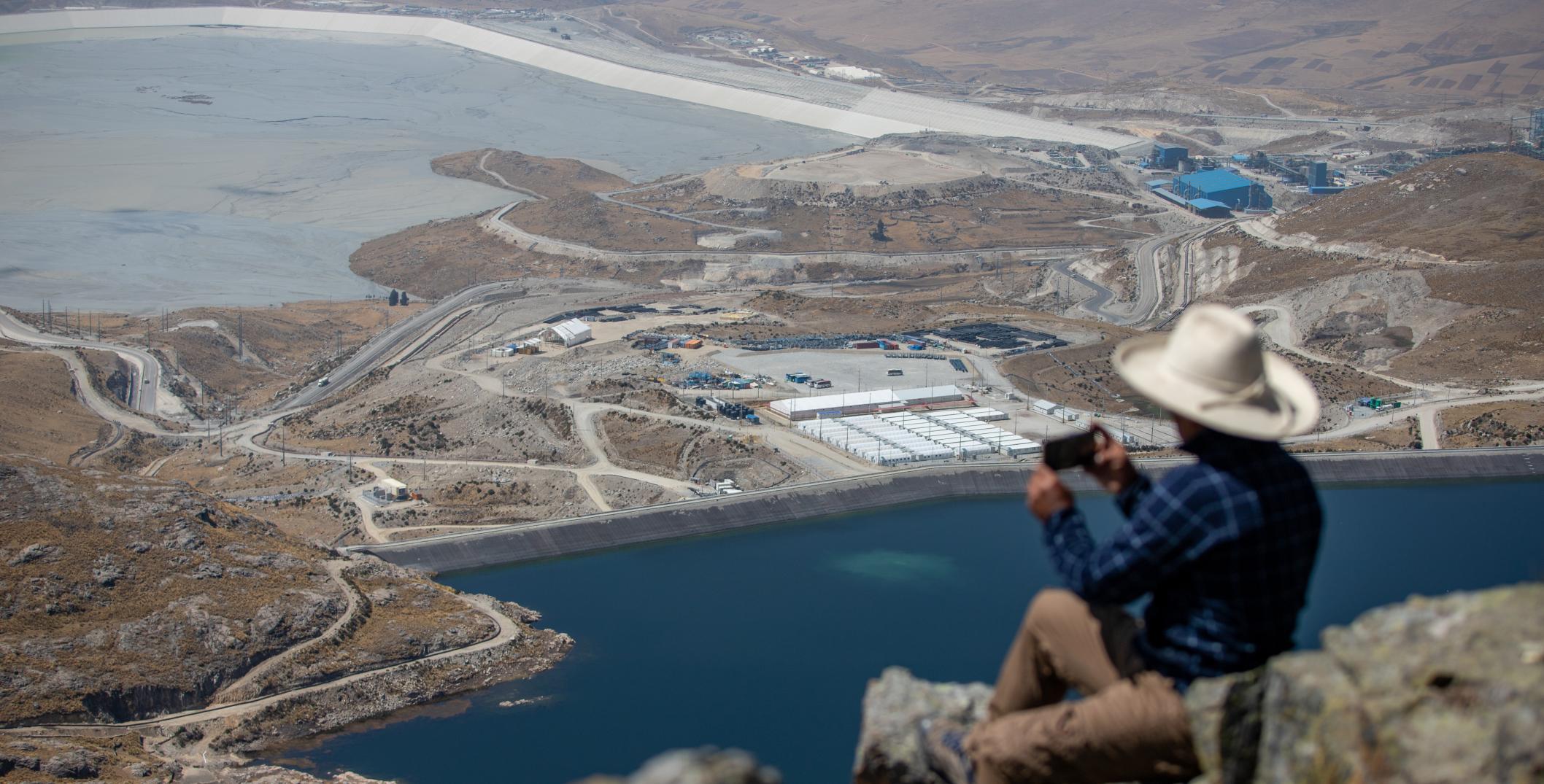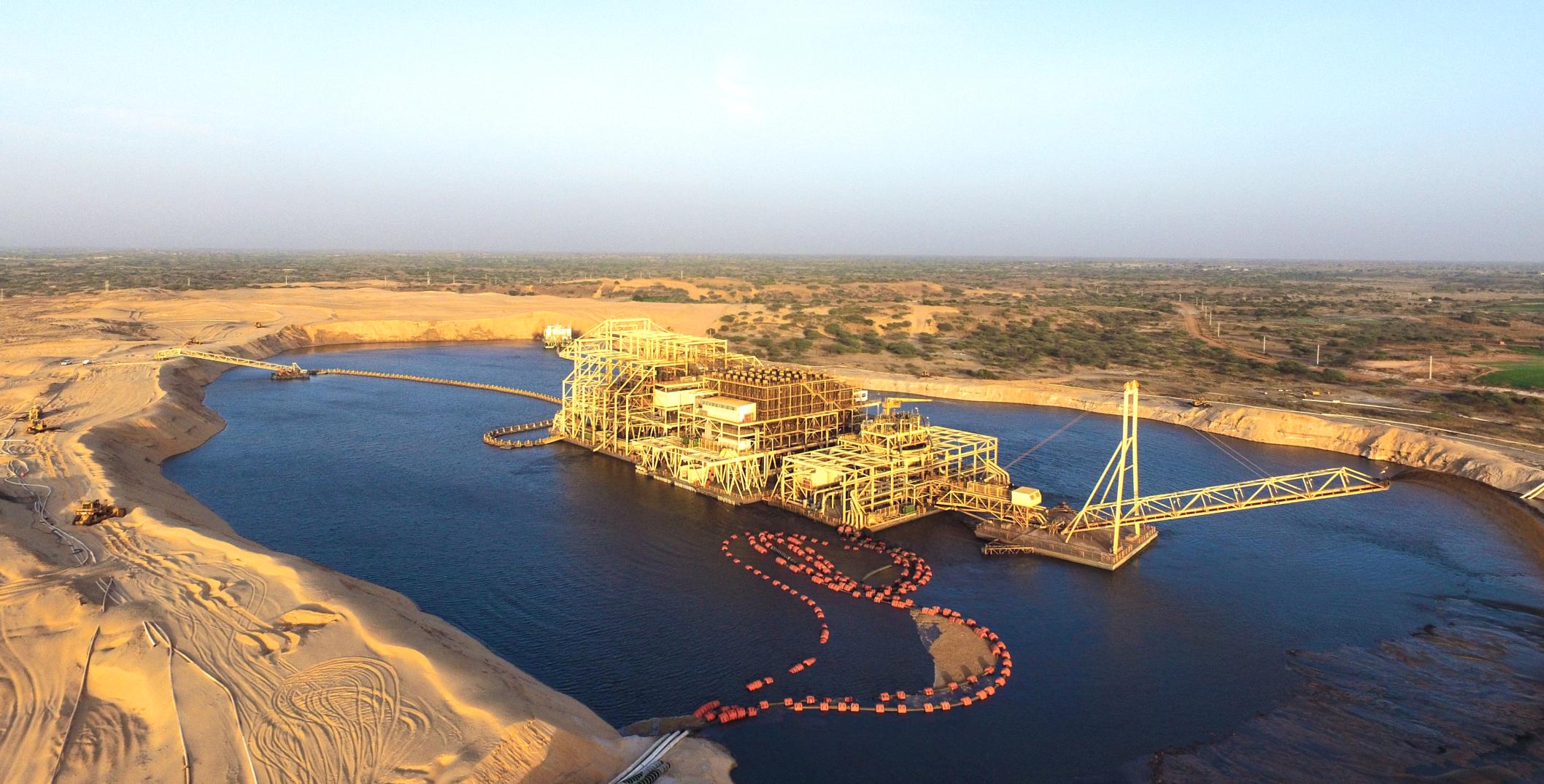
About us
NRGI envisions a world where natural resources enable fair, prosperous and sustainable societies, instead of undermining them.
We exist because decisions about how natural resources are governed determine the wellbeing of people in resource-rich countries, and of the planet.
Yet our world is plagued by crises, including oil-fueled conflict and climate change. After the pandemic, poverty reduction progress has halted, energy shortages have hit the most vulnerable, inequality is rising, and authorities are increasingly restricting civic space.
To resolve these crises, those in power must address the needs of the more than one billion people in resource-rich countries. Their wellbeing is closely linked to the oil, gas, and mining sectors, with global implications. Inclusive resource governance and a just transition to sustainable economies are vital. From optimally governing the extraction of metals needed for green technologies, to decisions about the fossil fuels that are overheating our atmosphere, many of the keys to sustainable development lie in resource-rich countries.
Failure to improve governance will escalate social conflicts, unrest, and hinder a low-carbon future. And so our mission is clear:
NRGI supports informed, inclusive decision-making about natural resources and the energy transition.
We accompany resource-rich developing countries to:
We strive to ensure that all citizens can influence the decisions that impact them, and that policymaking is grounded in long-term community needs. We develop the capacity of civil society and government actors, including through grant-making. We partner with reformers in government and civil society to design and implement just policies based on evidence and the priorities of citizens.
Shifting power
We seek to address power imbalances, both nationally and globally. Our approach accounts for political realities, and we advance equity in voice, influence and access to information. We support coalitions within and across civil society, and build alliances between government, citizen groups, companies and international actors. We challenge those who act solely for private interests and support those who prioritize the public good.
Shaping policy
We engage with the private sector and international bodies to influence the norms and information that shape policy. We identify lessons, build an evidence base for policy reform, and stimulate policy innovation. Our country-specific experience directly informs rigorous analysis as the basis for policymaking. The resulting policy is then reinforced by the power of people—to hold policymakers accountable, and to participate in decisions made about their futures.
We also bring our country-specific expertise and the perspectives of our partners to global forums. In these diplomatic and decision-making spaces NRGI experts share knowledge, advocate for world-class governance standards, and engage influential actors.
We are an independent, non-profit organization consisting of 80 professionals. Most of NRGI’s team members are from—and based in—our focus countries and regions.
NRGI enjoys generous support from a range of donors, including philanthropic foundations, national governments and multilateral institutions.

Our roots reach back to 2002, when the Caspian Revenue Watch project commenced at the Open Society Institute. Its aim was to monitor proceeds from hydrocarbon extraction in Azerbaijan. The Iraq Revenue Watch program soon followed.
By 2006 a group of donors determined that the challenge of resource governance was of global significance. This required the founding of an independent organization – the Revenue Watch Institute (RWI) - exclusively focused on addressing “the resource curse” and improving the quality of life for citizens in resource-rich countries. In 2013, RWI combined with another non-governmental organization, the Natural Resource Charter, responsible for creating a comprehensive set of principles for governments and societies on how to best harness for development the opportunities created by extractive resources.
Drawing on RWI’s country-based approach and the Charter’s leading-edge academic foundations, in 2014 the united entity became the Natural Resource Governance Institute. Since then NRGI has worked at the cutting edge of oil, gas and mineral governance and helped civil society actors and government officials in more than a dozen focus countries to begin negotiating the energy transition. From groundbreaking research on stranded assets to the convening of crucial national dialogues, NRGI continues its proud tradition of accompanying resource-rich countries on their sustainable development journeys.